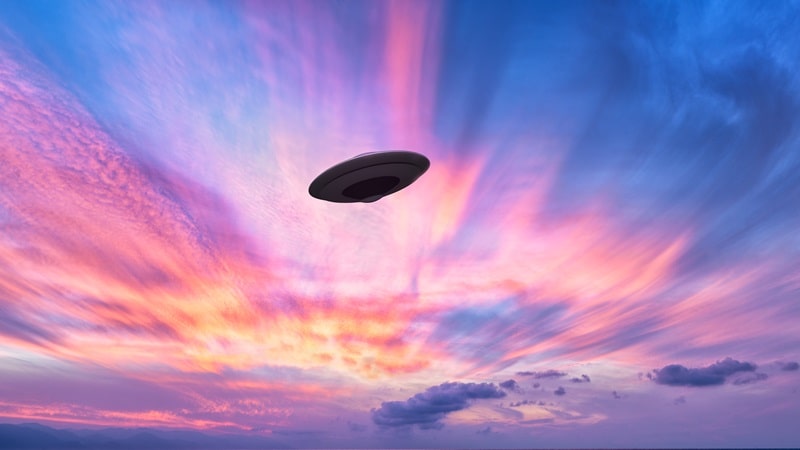
Lawmakers from both sides of the aisle are once again calling out the Pentagon over its lack of transparency surrounding unidentified anomalous phenomena (UAP) research, and are demanding stronger protections for whistleblowers coming forward with UAP-related information.
During a hearing held on Sept. 9 by the House Oversight and Government Reform Committee’s Task Force on the Declassification of Federal Secrets, Chairwoman Anna Paulina Luna, R-Fla., sharply criticized the federal government and intelligence community for maintaining secrecy over UAP incidents and investigations.
“For too long, the issue of [UAPs] has been shrouded in secrecy, stigma, and in some cases outright dismissal,” Rep. Luna said in her opening remarks. “Today, I want to state clearly: this is not science fiction or creating speculation. This is about national security, government accountability, and the American people’s right to the truth.”
For several years, lawmakers have been calling on the Department of Defense (DOD) – which the Trump administration has rebranded as the Department of War – and the intelligence community to not just investigate but to disclose information about UAPs, which is the modern term encompassing not just UFOs but also trans-medium objects that operate across air, sea, and space.
Public and congressional pressure spurred the establishment of the DOD’s All-domain Anomaly Resolution Office (AARO) in 2022 under the Biden administration. AARO reached full operational status in 2024, but lawmakers say its activities remain too opaque, with little public disclosure about its dozens of active UAP investigations.
In previous testimony to Congress, Jon Kosloski, director of the AARO, urged lawmakers to continue supporting the agency’s work. He explained that “many cases are difficult to quickly release to the public but are reported to the appropriate committees in Congress that are authorized by law or House or Senate leadership to receive the information,” adding that declassifying reports is not a decision made unilaterally by AARO.
Ranking Member Jasmine Crockett, D-Texas, explained that this is the very issue lawmakers want to tackle – a systemic culture of over-classification.
“The federal government has kept the American public in the dark about issues of immense public interest,” Rep. Crockett said. “The federal government has routinely made excuses for failing to provide transparency… It has a longstanding over-classification issue in general.”
Military Testimony: ‘Profound’ Encounters, Demanding Protections
The hearing also featured testimony from current and former military personnel who shared chilling accounts of UAP encounters during active duty – and alleged retaliation for coming forward.
Air Force veteran Jeffrey Nuccetelli described a series of unexplained encounters between 2003 and 2005 near Vandenberg Air Force Base (now Vandenberg Space Force Base) in California. According to Nuccetelli, massive, seemingly intelligent objects – described as “like flying buildings” – appeared near high-stakes launches conducted for the National Reconnaissance Office.
“What we saw changed our lives – the way we think about everything. It was incredibly profound,” said Nuccetelli, calling on lawmakers to fund independent UAP research and to dismantle the government’s culture of secrecy and over-classification.
Dylan Borland, another Air Force veteran testifying publicly for the first time, described ongoing harassment and professional sabotage he believed he endured following his 2012 report of a UAP encounter at Langley Air Force Base. Borland alleged workplace harassment, loss of access to classified work, and targeted efforts to discredit him.
“Because of my direct knowledge of the reality of certain legacy UAP programs, my professional career was deliberately obstructed,” Borland testified. “I have endured sustained reprisals from government agencies for more than a decade.”
Rep. Luna and Rep. Tim Burchett, R-Tenn., are renewing efforts to codify legal protections for whistleblowers in the UAP space. The UAP Whistleblower Protection Act has been referred to the House Committee on Oversight and Government Reform, as well as the Committees on Armed Services and Intelligence.
The legislation would safeguard federal personnel who disclose government-funded UAP research and alleged mishandling of UAP-related materials. The measure aims to ensure that individuals who speak out do not suffer professional retaliation or legal consequences.
